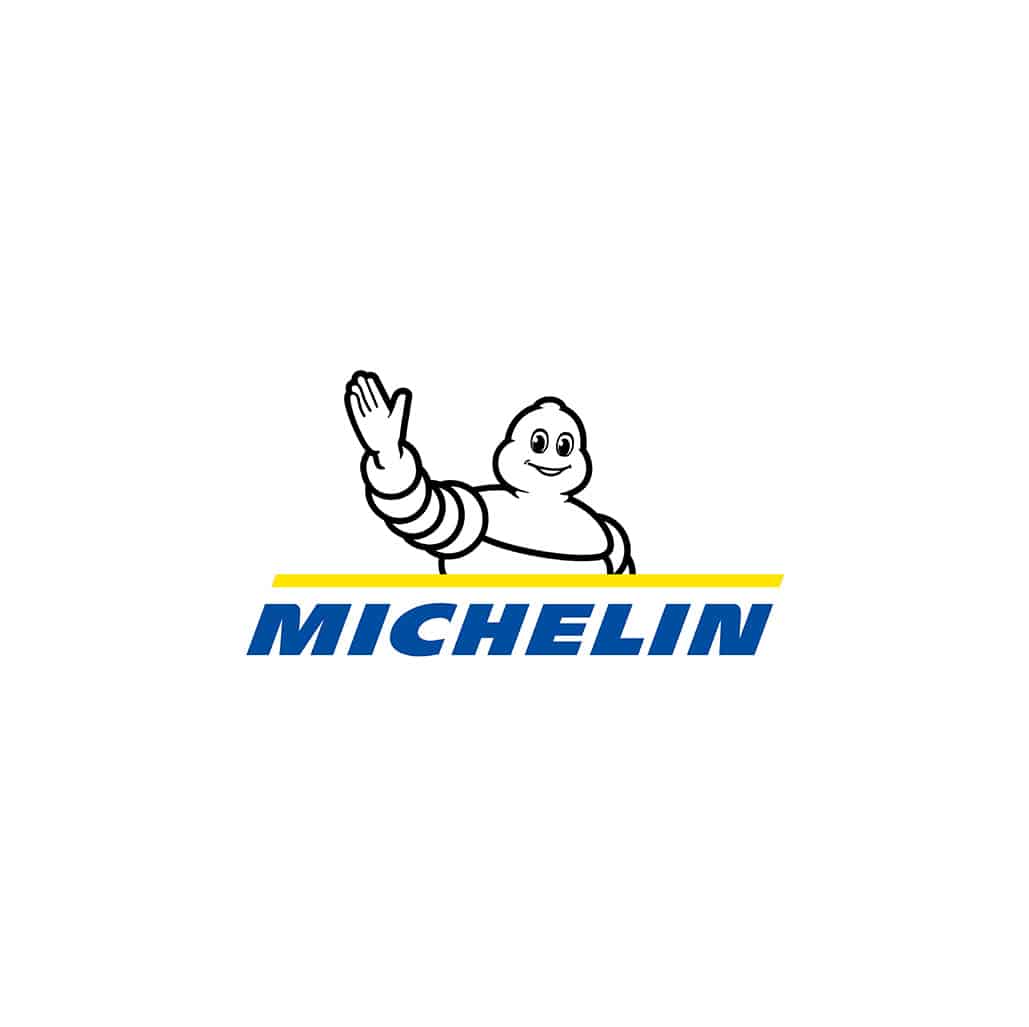The Group’s ambitious objective is to manufacture its tires entirely from sustainable materials by 2050, backed by a commitment to incorporating an average of 40% sustainable materials by 2030.This commitment is measured by the Average Sustainable Materials Rate (ASMR) indicator

Terms of the action or commitment
In 2021, the percentage stood at 29%, an improvement on 2020 and in line with the roadmap to meet the 2030 target of 40%. Due to the nature of the issues addressed, growth in this percentage has not been nor will be linear over the indicator’s time frame. In 2021, improvements were delivered on schedule in the maturity of specific technologies in R&D projects and in the traceability of certain supply chains with our suppliers. That reflected Michelin’s active commitment to meeting its sustainable materials objective. Michelin defines sustainable materials as renewable bio-based materials, such as natural rubber or butadiene produced from biomass ethanol, or materials made from recycled sources (recovered or reused materials).
Levers mobilized for circular economy (according to Ademe)
Implementation timeline
Starting year
2030


